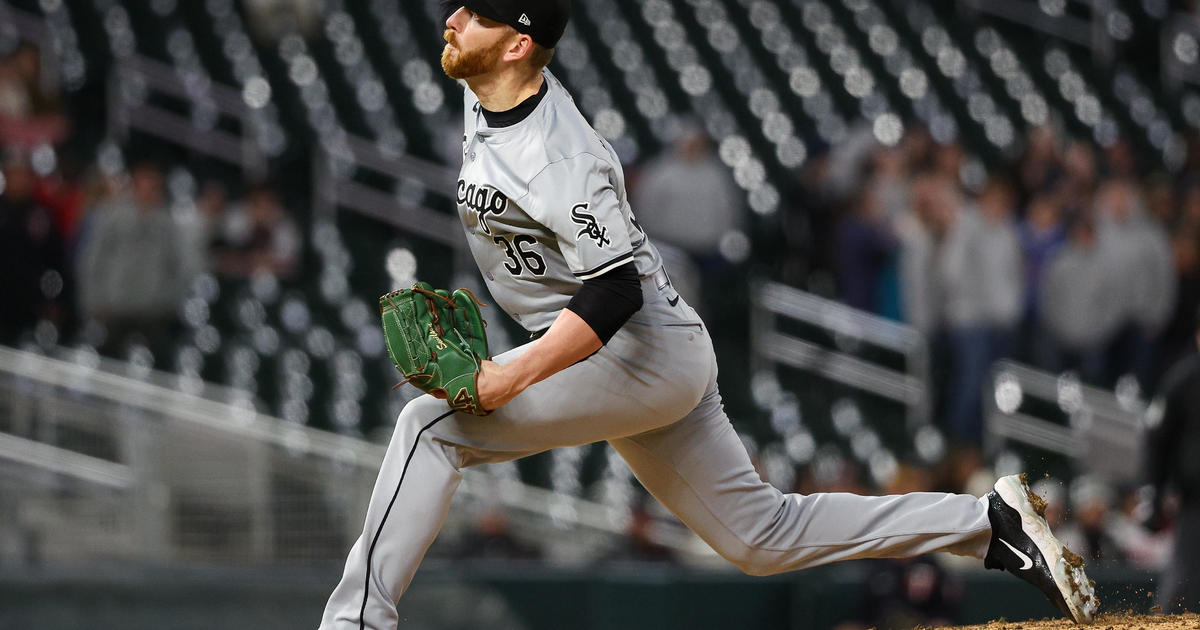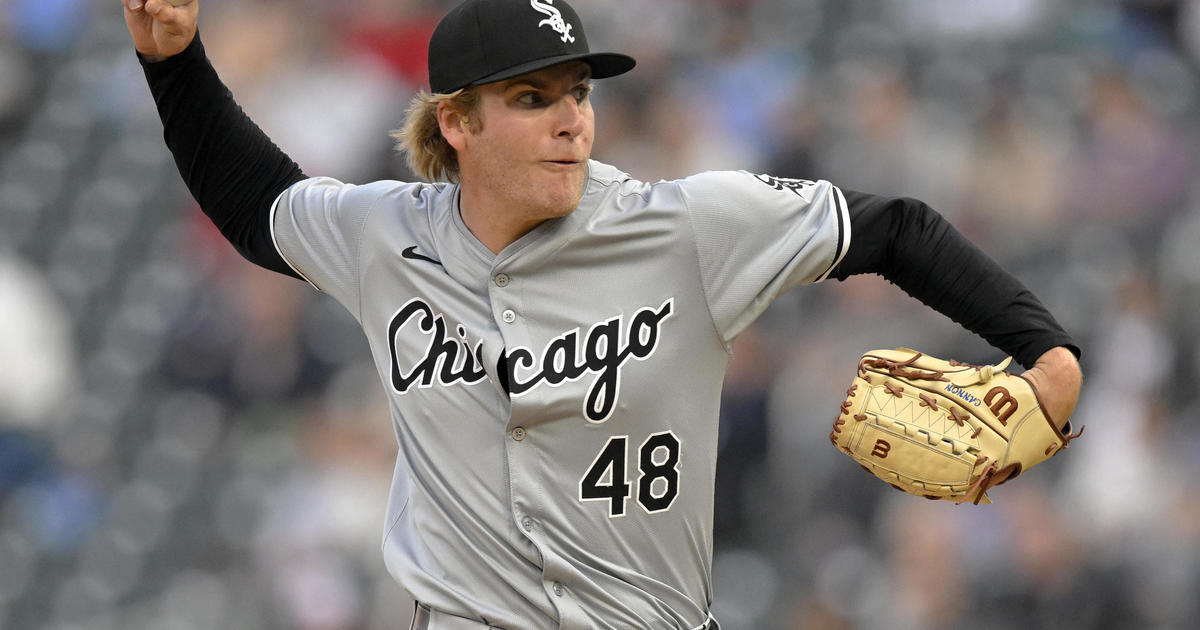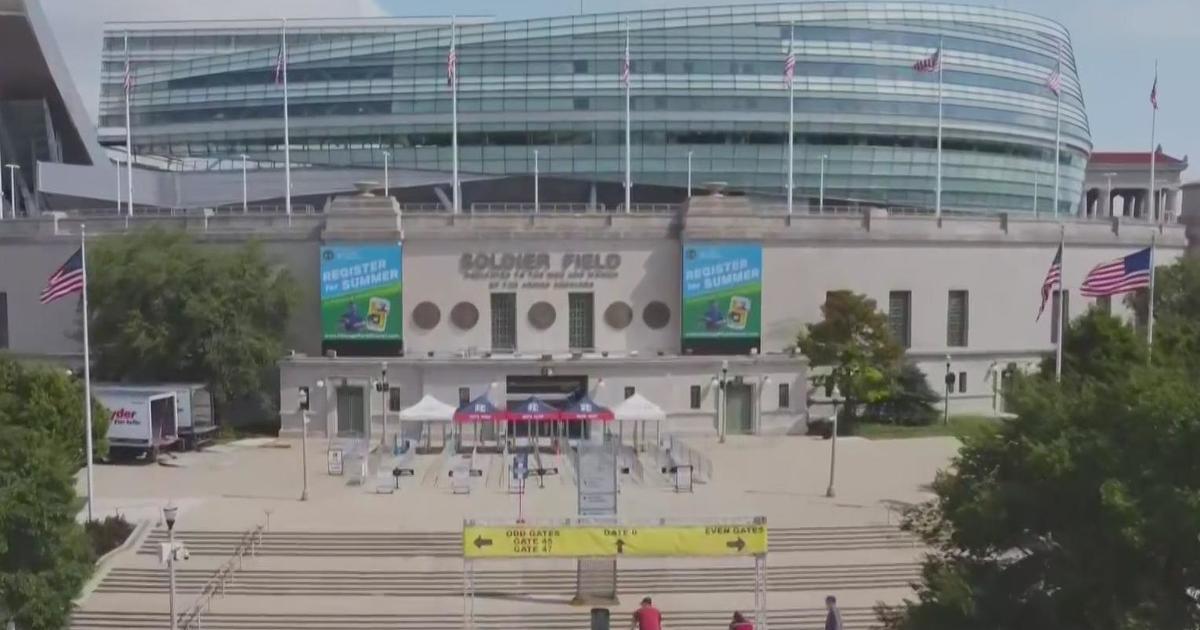Levine: Eaton Error On Dropped Ball Shows Flaw In Replay System
By Bruce Levine-
CHICAGO (CBS) -- The replay system already as shown a flaw. In the seventh inning of the White Sox's 7-6 victory against the Twins on Wednesday afternoon, a fly ball to center field was called a catch by the umpires with a Minnesota runner on first base.
Adam Eaton dropped the ball after appearing to have control of it. Twins manager Ron Gardenhire asked the umpires to call for a review of the play, insisting Eaton never had control of the ball. Replay officials in New York overruled the out and awarded first base to the hitter and second base to the man on first.
Before replay, the play would have been upheld as an out. With the new rules, a different way of looking at the play caught the umpires, baserunner and fielders off guard. A dead ball ruled at that point didn't allow Eaton to throw to second and get a forceout as what would have occurred in the past 136 seasons if a similar situation had been ruled no catch.
"New York overruled us," said crew chief Dale Scott. "I can tell you what a catch is. He has to have secure hold of the ball and voluntary release. That means he has to pull the ball out of the glove and have it in his hand before it is a catch. If he reaches in and the ball drops, it is not a catch."
All of that is news to me. Eaton seemed to have a firm hold on the ball and held it before going for the exchange. Many times over the years, umpires have called players out at second base after an infielder tags a base and then drops it in the exchange to throw to first base.
"It is the same thing if an infielder comes across the bag and doesn't clearly have the ball in his hand and the ball drops, nine times out of 10 that is not going to be a catch," Scott said.
I must have been watching a much different game over the past 35 years as a reporter. In the past, if you held the ball for a reasonable amount of time, it has always been an out. Scott also said if Eaton had thrown the ball to second for an easy force, that option was no longer in place. Scott said the ball was dead because the umpire had ruled it an out, so no forceout was available.
And therein lies the problem: The White Sox didn't get an out on a play that in past years they would've, even with the error. That changes a dynamic.
"Does not matter," Scott said. "We (umpires) called a catch. At that point you can't make the runner (on first) run. It was an umpire mistake calling the catch, so you can't penalize the offensive team for the guy not running."
This type of replay mumbo-jumbo has put the umpires in a bad position. To me, the truth is that umpires got the call right the first time before being overruled incorrectly by replay officials. Making up new views of old tried-and-true rules is a joke, and for that reason, the review system needs a serious review.



